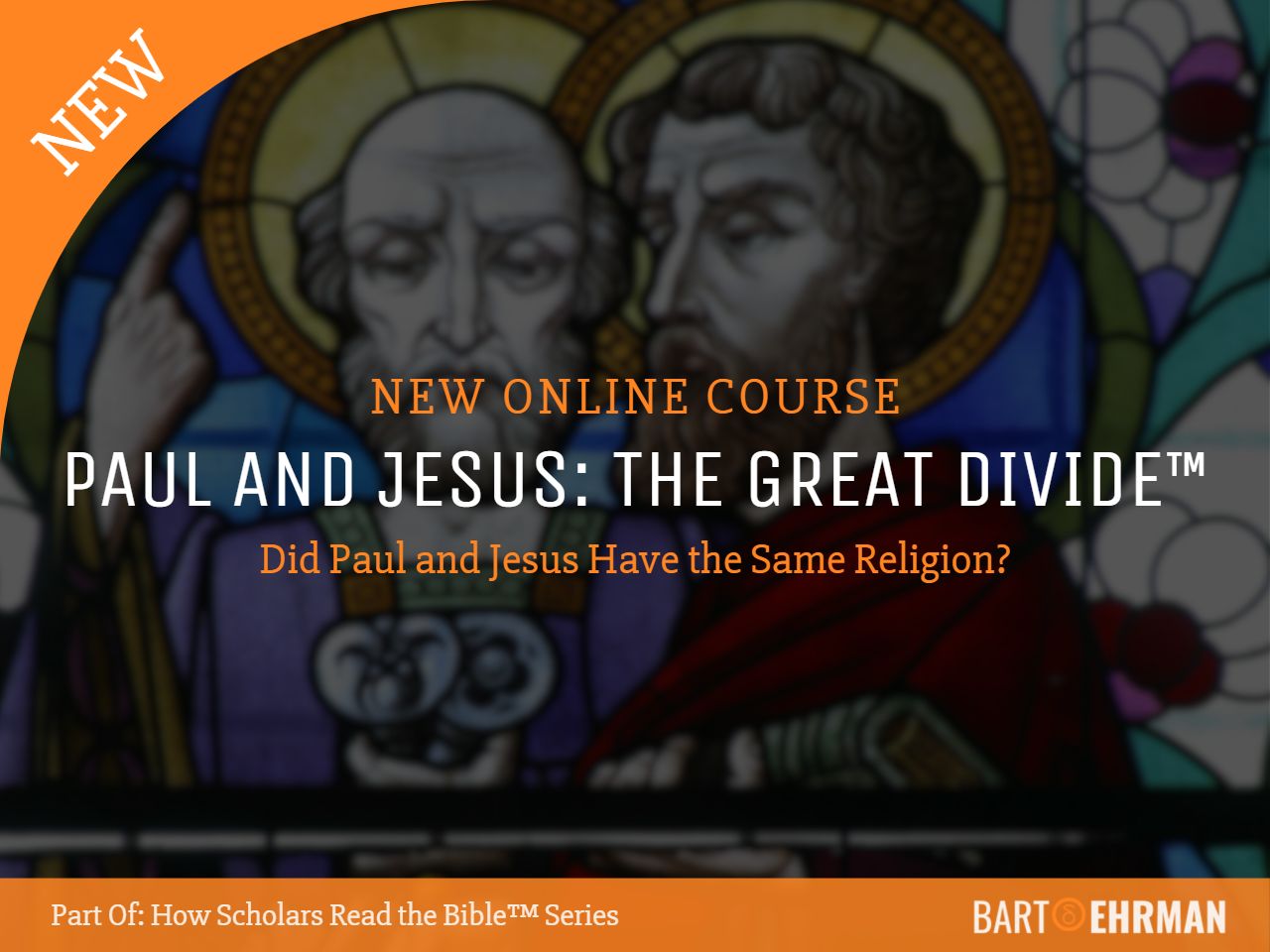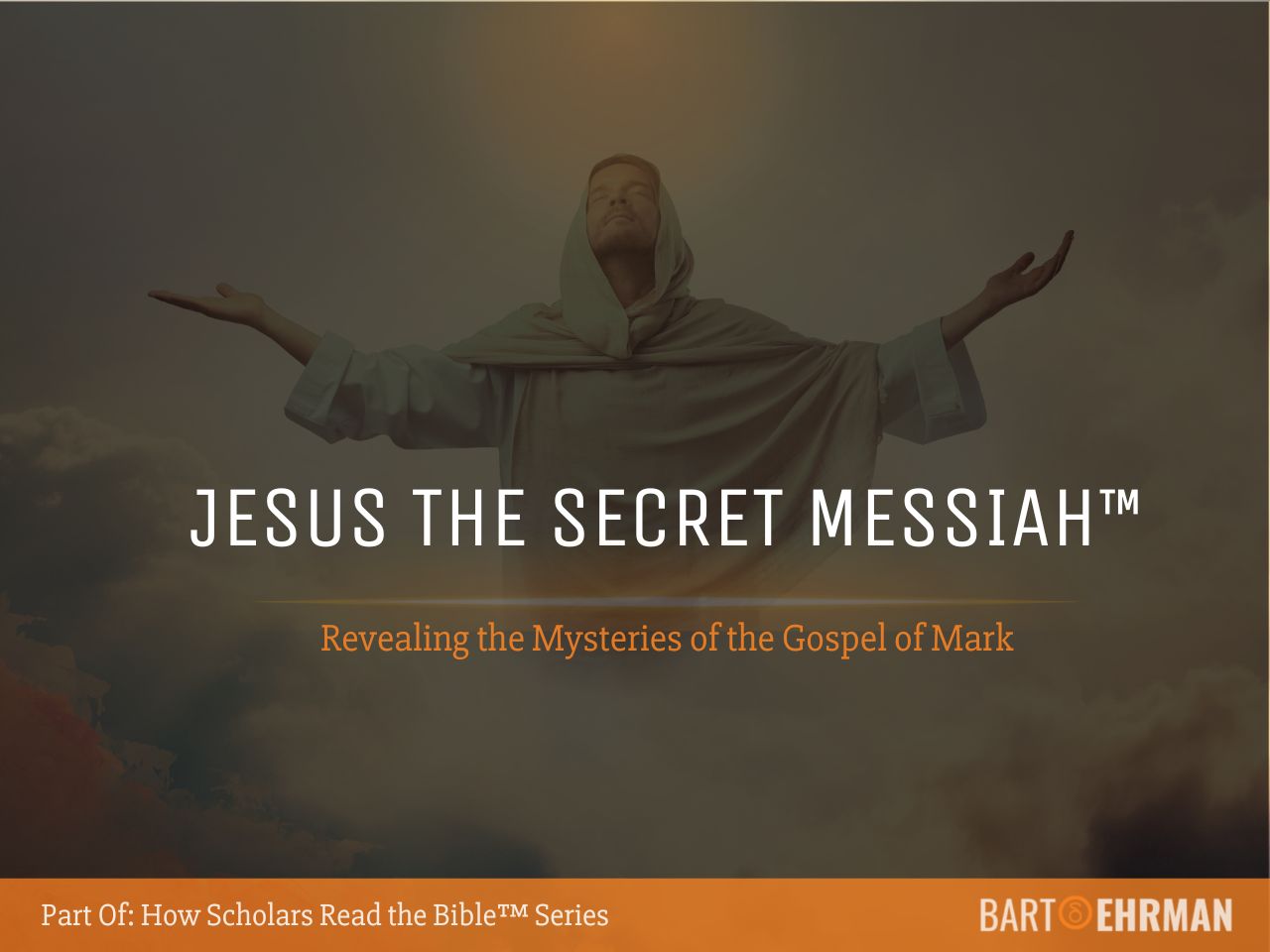Council of Nicaea - Dates & Importance of the First Nicene Council
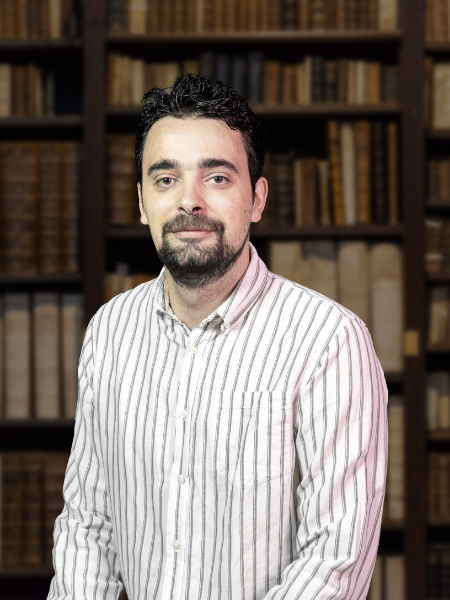
Written by Marko Marina, Ph.D.
Author | Historian
Author | Historian | BE Contributor
Verified! See our guidelines
Verified! See our editorial guidelines
Date written: December 29th, 2023
Disclaimer: The views and opinions expressed in this article belong to the author and do not necessarily match my own. - Dr. Bart D. Ehrman
As a sophomore, my first encounter with the term "Council of Nicaea" (sometimes misspelled as Council of Nicea) came from an unexpected source - the movie "The Da Vinci Code". In a dramatic scene, the character Leigh Teabing makes a startling claim: The Council of Nicaea decided whether or not Jesus is divine.
This assertion, delivered with cinematic flair, left me intrigued and perplexed. Could a single council have determined such a foundational aspect of Christian belief?
Turning to a friend pursuing a Master's in history for clarity, I found that he too harbored a similar belief - a testament to the persuasive power of Dan Brown's book in shaping our understanding of history.
This conversation sparked a journey of discovery that led me to the real story behind the Nicean council. What I unearthed was a narrative far more complex and significant than any film adaptation could capture.
This gathering of Church leaders convened in 325 AD stands as a pivotal moment in Christian history. But why was the Council of Nicaea important? Its significance lies not in the fictionalized cinematic claim of deciding Jesus' divinity—an aspect already widely accepted among most Christians in the Roman Empire—but in its role as a defining moment for the Church's doctrine and unity.
As we delve into the Council's historical context, we unravel a complex web of theological disputes, imperial politics, and the quest for doctrinal unity that shaped this pivotal event.
For those intrigued by the intersection of historical truth and popular fiction as depicted in "The Da Vinci Code," I highly recommend Dr. Bart D. Ehrman's book, "Truth and Fiction in the Da Vinci Code." Dive into this enlightening read by a renowned scholar of early Christianity to separate fact from fiction in the fascinating narrative of Christian history.
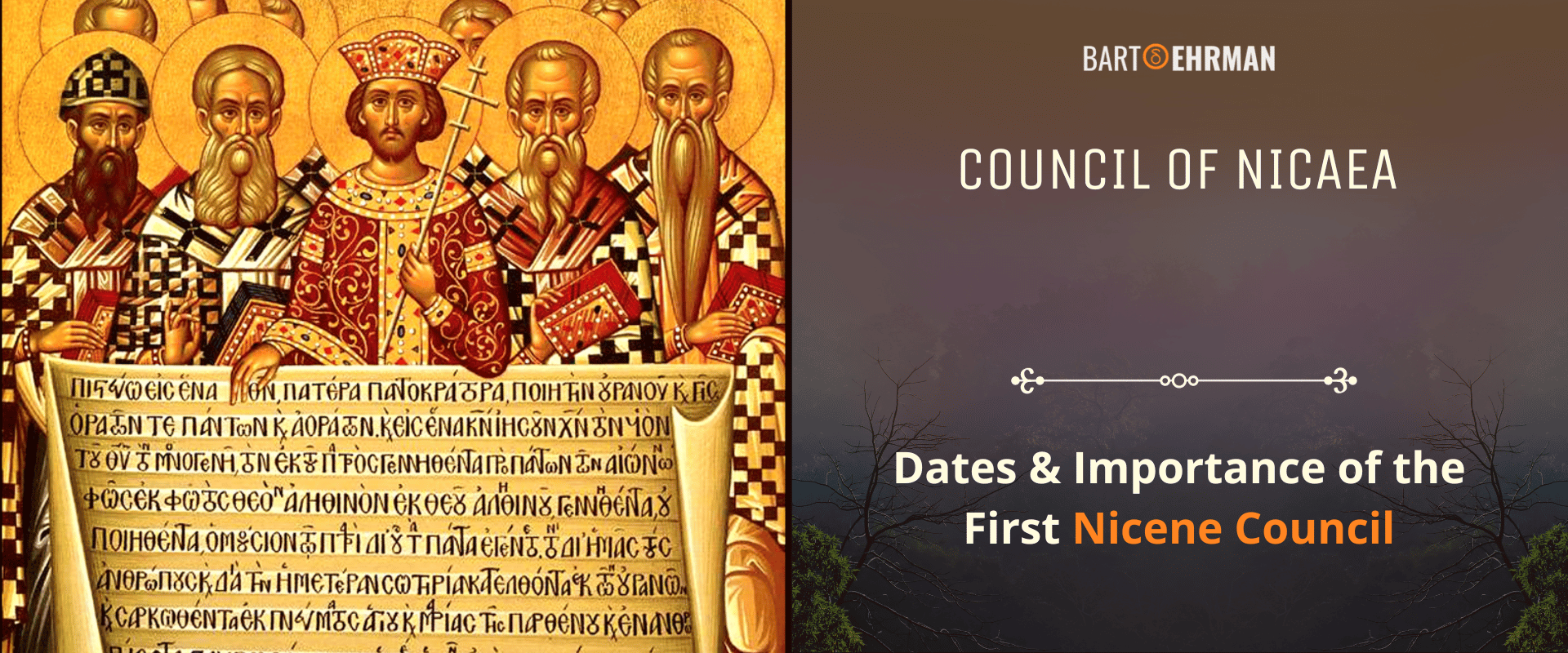
Roots of Controversy: Tracing Early Debates About Jesus’ Divinity
From its very inception, Christianity grappled with profound questions about Jesus' identity. This enigmatic figure, deeply rooted in the historical and cultural milieu of 1st-century Palestine, was depicted as thoroughly human and strikingly divine—a duality that would puzzle theologians and Church leaders for centuries.
The New Testament itself is a testament to this paradox, portraying Jesus as a Jewish apocalyptic prophet, an individual with a well-documented life story, including interactions with historical figures like Pontius Pilate and a death by crucifixion, a common Roman punishment.
Yet, simultaneously, the earliest Christian documents speak to his divinity: his birth, according to the Gospels of Matthew and Luke, is no mere mortal event, and the Gospel of John presents him as the pre-existent Logos, a divine entity made flesh.
Furthermore, Paul’s epistles further this complex narrative by emphasizing Jesus' divine origins and his existence in 'the form of God' (Philip 2:6-11) before his earthly incarnation. Such descriptions laid the early foundation for a rich tapestry of theological debate.
By the end of the 1st century, the notion of Jesus' divinity was widely accepted among Christians, but the precise nature of his divinity, and how it reconciled with his humanity, continued to be subjects of fervent discourse. Was Jesus divine in the same sense as God the Father, or was there a distinction? And how did his humanity intersect with this divine nature?
Theological movements such as Gnosticism and Modalistic Monarchianism emerged, each proposing different answers to these questions.
So-called Gnostics posited a special knowledge for salvation and a distinction between the supreme, unknowable God and the lesser, creator deity. Moreover, some "Gnostic" communities held that Jesus only had a divine nature. For them, his body was a mere phantom. Other “proto-orthodox” communities disagreed, emphasizing Jesus’ humanity and divinity.
On the other hand, Modalistic Monarchianism advocated for the indivisibility of the Godhead, suggesting that God revealed himself in different modes—Father, Son, and Spirit—rather than being three distinct persons.
These early debates set the stage for the Council of Nicaea, a pivotal gathering that sought to address the burgeoning controversies and to articulate a unified doctrine on the nature of Christ.
Though the Nicean Council itself is a subject for later discussion, its necessity arose from these initial centuries of Christian thought, where the paradox of Jesus' identity demanded a resolution that would define the religion for millennia to come.
But before we get into the first ecumenical council, we need to take a look at the turning point in Christian history: The conversion of Emperor Constantine.
Constantine’s Conversion: On the Road to the Council of Nicaea
The conversion of Constantine the Great, the first Roman Emperor to embrace Christianity, stands as one of history's most significant religious transformations. The year was 312 AD, on the eve of the Battle of the Milvian Bridge, when Constantine reportedly experienced a profound spiritual epiphany.
The ancient sources recount that Constantine saw a sign in the heavens—a cross of light accompanied by the words "In this sign, conquer." Motivated by this vision, he had his soldiers mark their shields with the Christian symbol and emerge victorious in the battle.
This victory not only paved his path to becoming the sole ruler of the Roman Empire but also marked the beginning of a new era for Christianity.
Did You Know?
The term "ecumenical" council comes from the Greek word "οἰκουμενικός" (oikoumenikos), which means "worldwide" or "general," deriving from "οἰκουμένη" (oikoumene), meaning "the inhabited world." In the context of Christian history, an "ecumenical" council refers to a conference of ecclesiastical dignitaries and theological experts convened to discuss and settle matters of Church doctrine and practice.
Constantine's subsequent actions had far-reaching consequences for the Christian faith. In 313 AD, through the Edict of Milan, he granted Christianity legal status, thus ending centuries of sporadic but sometimes brutal persecution. Furthermore, his reign saw substantial patronage of the Church, including tax exemptions for clergy and significant support for the construction of churches.
However, as highlighted by Dr. Bart Ehrman in "The Triumph of Christianity," Constantine's approach to religious policy was one of tolerance rather than imposition; he didn't seek to persecute paganism but allowed it to coexist alongside Christianity.
With the newfound legitimacy and support, Christianity was poised for an unprecedented era of growth and development. Yet, this expansion also brought to the fore deep-seated doctrinal rifts that threatened the unity of the Church.
It was against this backdrop of theological discord that we came to the Council of Nicaea. Nicean Council was the first ecumenical council that attracted bishops from all around the Empire - symbolizing the new chapter in Christian history which sets the stage for our discussion.
Inside the Council of Nicaea: Key Figures, Debates, and Decisions
The first Council of Nicaea, a landmark synod, was convened in the year 325 AD by the Roman Emperor Constantine the Great. According to a later source, standing before the closed door of the church in which the council was held, Constantine asked the bishops to admit him inside so he could hear their debates.
He emphasized his reasons for requesting this:
“From the moment those two created in the beginning failed to keep God’s holy command with due reverence, the flower called sin was born. It became constant and grew even more after those two were banished according to God’s will… Even in this circumstance, to be sure, God Almighty’s inexhaustible mercy is eternal and undying. Day by day, in the years that have gone by, God keeps releasing countless multitudes of enslaved peoples from the burden of sin through me, his servant."
Eventually, he was allowed access even though he didn’t actively participate in the theological discussions. This brings us to the main issue! Why was the Council of Nicaea important? The primary impetus for this gathering was to address the Arian controversy, which was causing significant discord within the Christian community.
The Debate:
Arius, a presbyter from Alexandria, asserted that Christ was a created being, distinct and subordinate to God the Father. This view was vehemently opposed by others who maintained that Christ was co-eternal and consubstantial with the Father.
At first, the new Emperor couldn't understand why theologians were fighting over unimportant details. As Eusebius informs us in his biography of Constantine, the emperor told the bishops and the priests that they "were quarreling over small, indeed exceptionally trivial points".
But the theological dispute started to threaten the unity of the empire and Constantine had to act. The location chosen for this momentous council was Nicaea. My students often ask me what Nicaea is called today. Nicaea was a city in Bithynia, present-day Iznik in Turkey. The choice of this location wasn’t accidental.
It was a place of neutral ground, away from the intense ecclesiastical power centers of Rome or Alexandria. This strategic choice would allow for a more objective discussion of the issues at hand.
The Attendees:
Over 300 bishops from across the Roman Empire, from as far away as Persia and Spain, convened to debate the nature of Christ and to achieve consensus on foundational Christian doctrine. One of the participants of the Nicean Council was St. Nicholas - a key inspiration for a modern-day Santa Clauss.
The question "Did Constantine attend the Council of Nicaea?" holds particular significance. Indeed, Constantine not only attended but played a pivotal role, acting as a somewhat imperial moderator.
Though not a theologian himself, his interest lay in the promotion of unity within the Church as a means of stabilizing his empire. He presided over the opening of the council, gave an introductory speech, and was present during the discussions, though he left the theological debates to the bishops.
The Decisions:
The council ultimately led to the formulation of the Nicene Creed, a statement of faith that affirmed the full divinity of Christ, stating that he was "of the same substance" as the Father, thus rejecting Arianism. Timothy Barnes notes that "Constantine's intervention was decisive" because bishops would otherwise drag debate endlessly.
Another significant accomplishment of the Council of Nicaea was the establishment of a unified date for the celebration of Easter. Before the Nicean Council, various Christian communities celebrated Easter on different days, some following the Jewish Passover and others observing it on the following Sunday.
The gathered clergy decided that Easter should be celebrated on the first Sunday after the first full moon following the vernal equinox which established a separation from the Jewish calendar and created a distinctly Christian celebration.
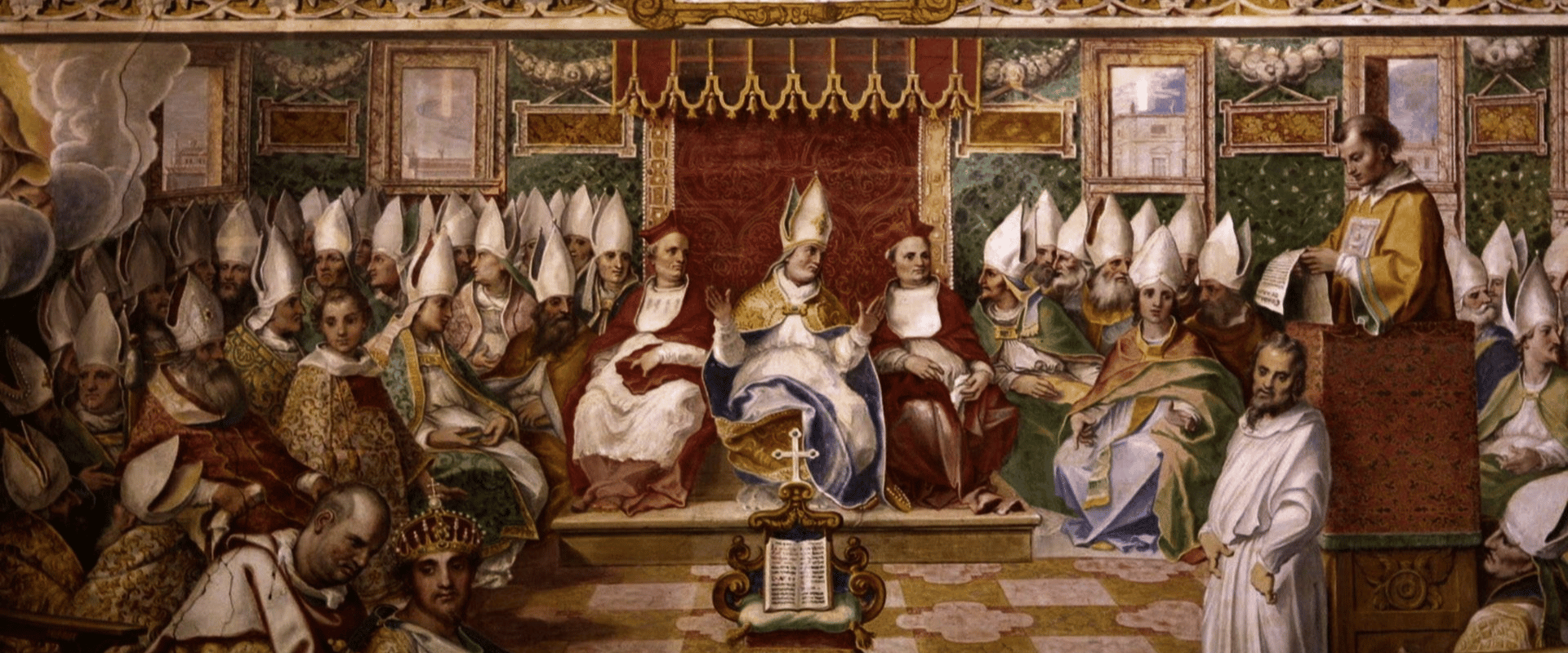
Decrees and Unity: The Enduring Influence of the Council of Nicaea
The impact of the first ecumenical council extended beyond theological doctrine into the practical governance of the Church. Among the twenty canons it issued, several were pivotal in shaping early Church administration and discipline.
For instance, Canon 4 standardized the process of consecrating bishops, emphasizing the importance of consensus among bishops within the province and granting the metropolitan bishop a key role in proceedings.
Other canons dealt with the integrity of the clergy. Canon 3 prohibited clergy from cohabiting with women, unless they were close relatives, to avoid any scandal or suspicion.
Moreover, Canon 6 reinforced the authority of the major episcopal sees, particularly Alexandria and Rome, in their respective regions, setting a precedent for an ecclesiastical hierarchy that would evolve into the structure of patriarchates.
These decisions on administrative matters reflected the council's broader objective to promote order and unity within the Church.
By establishing clear guidelines for ecclesiastical governance and the celebration of important rituals like Easter, the Council of Nicaea laid down the structural and ceremonial foundations that would support the Church's growth and organization in the centuries to follow.
Summing up Conclusions
As we conclude this exploration, the Council of Nicaea stands out not merely as a historical event, but as a turning point that forged the path of Christian orthodoxy. The Nicene Council, through its intricate interplay of theological determination and ecclesiastical legislation, established a precedent for future generations.
It wasn't just about the affirmation of Christ's divinity as co-eternal with the Father, which quelled the Arian controversy, but also about setting a course for a unified Church capable of navigating through the diverse and evolving landscape of Christian doctrine and practice.
The decrees on Easter and the canonical laws were as much about administration as they were about ideology—aiming to unify practices and beliefs across an empire. The legacy of the Council of Nicaea, upheld by both its creed and its canons, thus echoes through history not just in liturgy but in the very structure of ecclesiastical life.
The early Christian world is full of mystery and captivating knowledge. If you want to know more, you are at the right place! Delve deeper into the origins of Christianity with Dr. Bart D. Ehrman's insightful course, "Paul and Jesus: The Great Divide." Explore the intriguing question of whether Paul and Jesus preached the same religion or if their teachings marked a fundamental split in early Christian thought.

